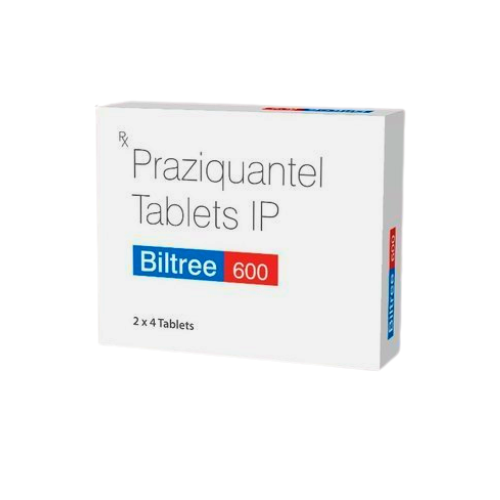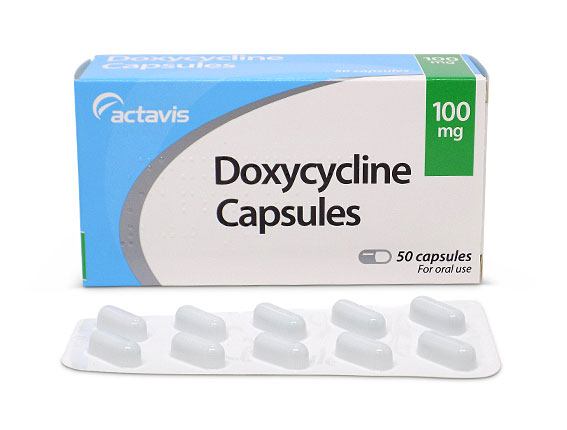Iverheal 3: The Cure-All Drug?
Iverheal 3 is a revolutionary new drug that promises to treat a variety of ailments. This miracle drug has been making waves in the medical community and has the potential to revolutionize the treatment of many diseases. In this blog post, we’ll be taking a look at what Iverheal 3 treats, its dosage, warnings, side effects, and interactions.
With this information, you can make an informed decision about whether or not Iverheal 3 is right for you. So read on to learn more about the potential cure-all drug, Iverheal 3.
What is Iverheal 3?
Iverheal 3 is a prescription medication used to treat infections caused by certain parasites, such as roundworms, hookworms, and whipworms. It is also used to treat skin infections caused by certain mites.
Iverheal 3 has active ingredients: ivermectin. Ivermectin works by killing parasites and preventing them from multiplying.
What Does It Treat?
Iverheal 3 is a medication used for the treatment of various medical conditions. It is primarily used to treat infections caused by certain types of bacteria and parasites, such as roundworms, pinworms, whipworms, hookworms, and heartworms.
It can also be used to treat skin infections, eye infections, and ear infections. In some cases, it may be used to treat urinary tract infections. Iverheal 3 is also sometimes prescribed to treat giardiasis, a gastrointestinal infection caused by an intestinal parasite. Additionally, it can be used to treat and prevent malaria.
Dosage
When taking Iverheal 3, it is important to follow the instructions given by your doctor or pharmacist. Generally, the dosage of Iverheal 3 will depend on the severity of the condition being treated.
The typical recommended dosage for adults and children over 12 years old is 1-2 tablets three times daily. For children between 6-12 years old, the dose should be adjusted according to weight and given in smaller increments.
It is important to note that dosage may differ between different age groups, so always consult with your doctor or pharmacist before starting any new medication. Additionally, do not take more than the recommended dosage as this can be dangerous and can lead to adverse reactions or health complications.
Warnings
It is important to note that Iverheal 3 is a prescription medication and should only be taken as prescribed by a healthcare professional. Do not take a higher dose or for a longer period of time than recommended.
Iverheal 3 may cause drowsiness, dizziness, blurred vision, and confusion. These effects can worsen if combined with alcohol or other drugs. Do not drive, operate machinery, or engage in any other activity that requires clear vision or alertness while taking this medication.
If you have any allergies to medications, especially penicillin, tell your doctor before taking Iverheal 3. If you have anemia, kidney or liver disease, or any other serious medical condition, inform your doctor before taking Iverheal 3.
This medication can interact with some other medications, so it is important to tell your doctor about any other medications you are taking. This includes vitamins, herbal supplements, and over-the-counter medications.
Be aware of any signs of an allergic reaction and seek immediate medical attention if any symptoms appear, such as swelling of the face, lips, tongue, or throat, difficulty breathing or swallowing, hives, rash, itching, fever, chills, or any other unusual signs or symptoms.
Side Effects
Like any other medication, Iverheal 3 may cause side effects. While most of these are minor, some may be serious and require medical attention. Common side effects include nausea, vomiting, diarrhea, headache, and rash.
Less common side effects include joint or muscle pain, dizziness, confusion, drowsiness, blurred vision, or dry mouth. It is also possible to experience an allergic reaction to Iverheal 3. Symptoms can range from mild hives and skin rashes to a severe reaction known as anaphylaxis. If you experience any of these symptoms, seek medical help immediately.
Other more serious side effects may include jaundice (yellowing of the skin and eyes), blood in the urine, dark colored urine, severe stomach pain, persistent sore throat or fever, easy bleeding or bruising, or chest pain. If you experience any of these serious side effects, contact your doctor immediately.
It is important to let your doctor know if you have any existing medical conditions before taking Iverheal 3. In addition, be sure to tell your doctor about any medications you are currently taking to ensure that there will not be any drug interactions.
Interactions
It is important to inform your doctor or pharmacist about any other medications that you are taking when using Iverheal 3, as it may interact with other drugs. Some of the medications that can interact with Iverheal 3 include anticoagulants, blood pressure medications, diabetes medications, oral contraceptives, and NSAIDs.
Always tell your healthcare provider if you are taking any other medicines or supplements, especially if you are pregnant or breastfeeding.
Iverheal 3 can also interact with alcohol and certain foods. Alcohol consumption should be avoided while taking Iverheal 3, as it can increase the risk of side effects. Eating a large meal before taking Iverheal 3 may also reduce its effectiveness. It is important to talk to your doctor or pharmacist before combining Iverheal 3 with any other medication, supplement, or food.









Reviews
There are no reviews yet.